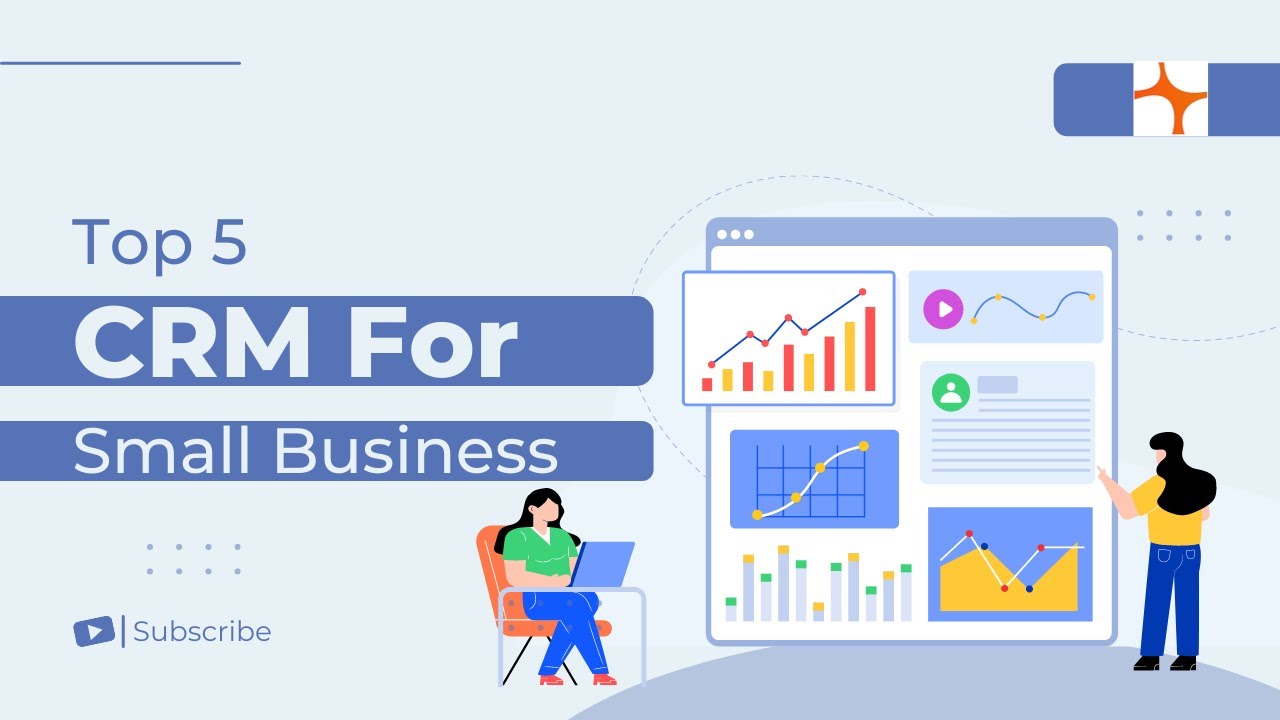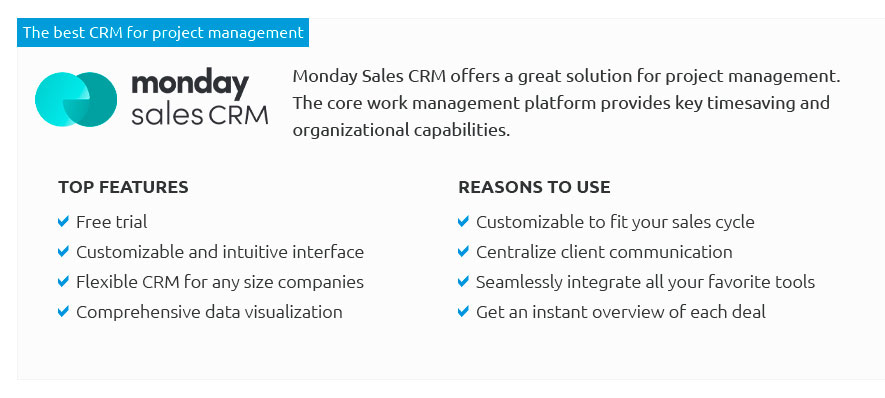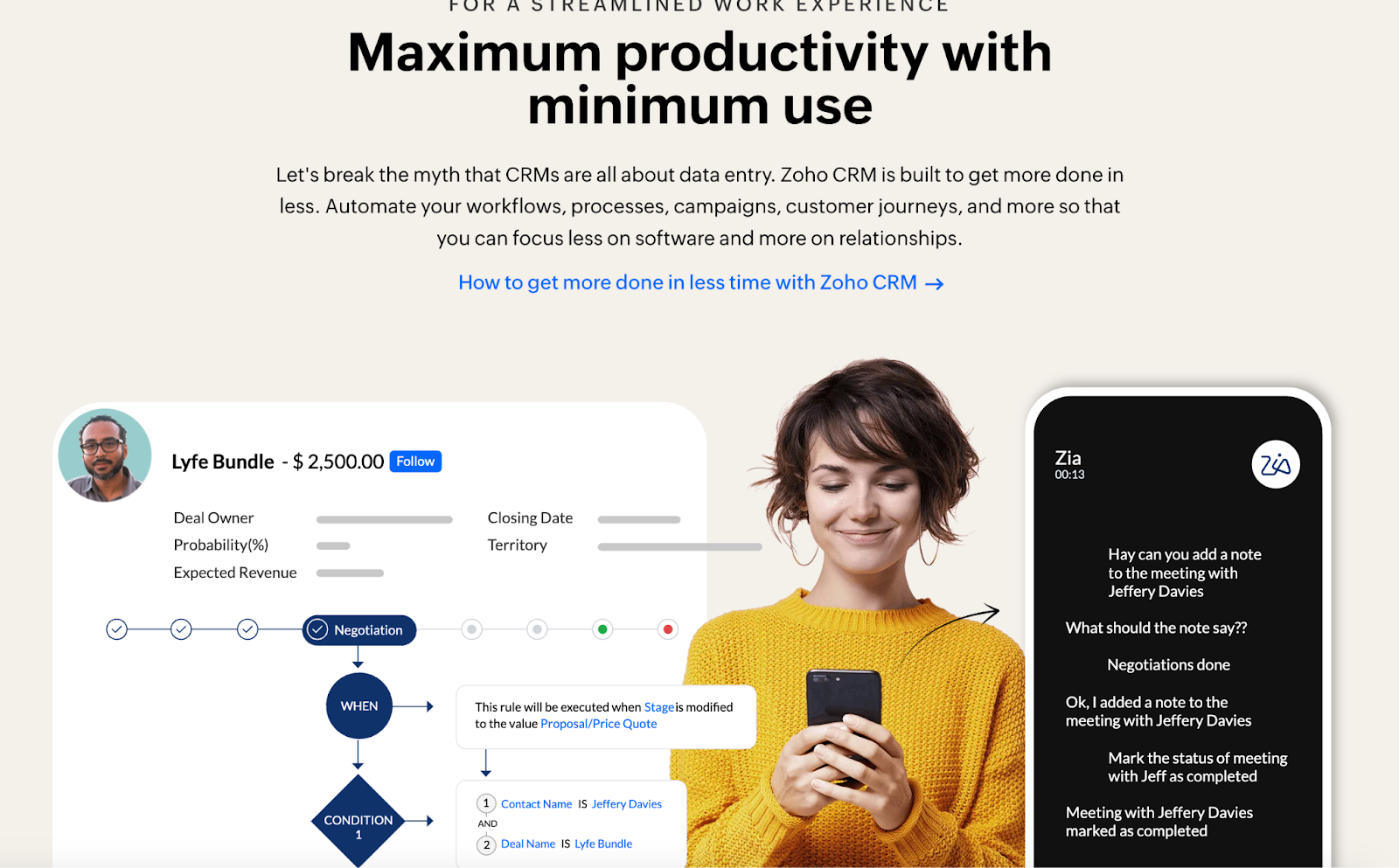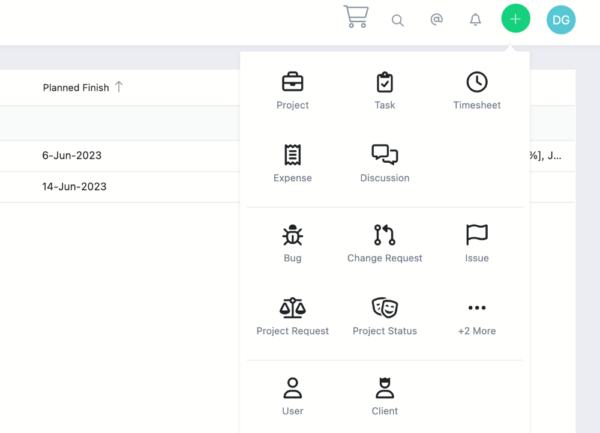Unlocking Success: The Ultimate CRM Guide for Small Catering Businesses
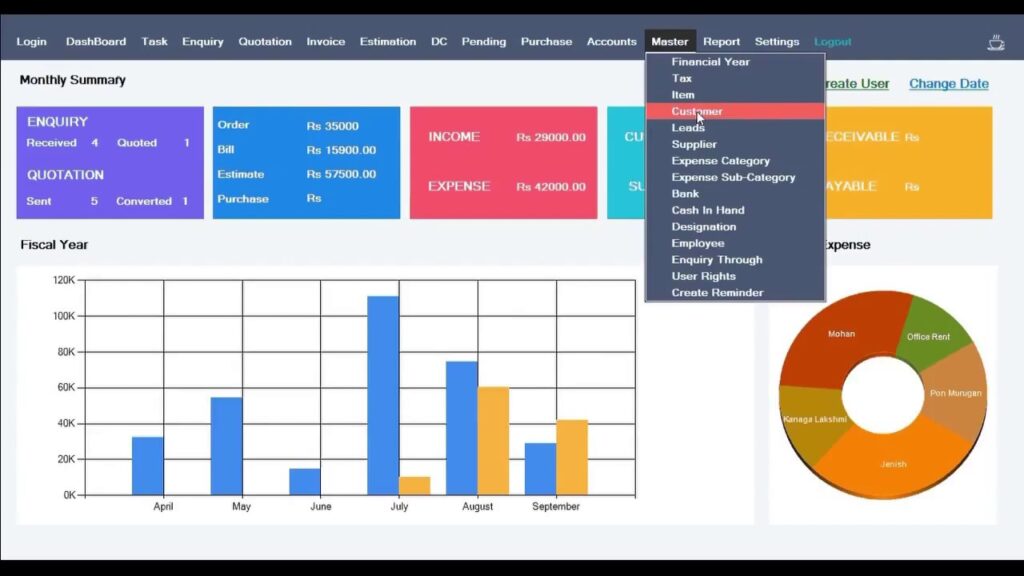
Unlocking Success: The Ultimate CRM Guide for Small Catering Businesses
In the fast-paced world of catering, staying organized and providing exceptional customer service is paramount. For small catering businesses, juggling multiple orders, managing client relationships, and streamlining operations can feel overwhelming. That’s where a Customer Relationship Management (CRM) system comes in. This comprehensive guide explores the best CRM options tailored specifically for small caterers, helping you boost efficiency, enhance client satisfaction, and ultimately, grow your business.
Why Small Caterers Need a CRM System
Before diving into specific CRM solutions, let’s understand why a CRM is crucial for small catering businesses. In essence, a CRM acts as a central hub for all your customer-related information. It helps you:
- Centralize Customer Data: Store all client details, including contact information, preferences, order history, and special requests, in one accessible location.
- Improve Customer Communication: Easily track interactions, send personalized emails, and manage follow-ups to foster stronger relationships.
- Streamline Sales Processes: Automate tasks like quote generation, order tracking, and invoicing, freeing up valuable time.
- Boost Efficiency: Reduce manual data entry and eliminate the risk of errors, allowing you to focus on delivering exceptional catering services.
- Enhance Decision-Making: Gain insights into customer behavior, sales trends, and popular menu items to make informed business decisions.
Without a CRM, small caterers often rely on spreadsheets, email chains, and scattered notes, which can lead to lost leads, missed opportunities, and frustrated clients. A CRM system solves these problems by providing a structured and efficient way to manage your customer relationships and optimize your business operations.
Key Features to Look for in a CRM for Caterers
Not all CRM systems are created equal. When choosing a CRM for your small catering business, consider these essential features:
1. Contact Management
This is the foundation of any good CRM. Ensure the system allows you to:
- Store detailed contact information (name, phone, email, address, etc.)
- Segment contacts based on various criteria (e.g., event type, budget, dietary restrictions)
- Import and export contact lists easily
2. Lead Management
A CRM should help you capture, track, and nurture leads. Look for features like:
- Lead capture forms to integrate with your website
- Lead scoring to prioritize potential customers
- Automated follow-up sequences to engage leads
3. Sales Pipeline Management
Visualize your sales process and track the progress of each deal. Features to consider include:
- Customizable sales stages to match your catering workflow
- Deal tracking to monitor the value and status of each opportunity
- Reporting and analytics to identify bottlenecks and improve conversion rates
4. Order Management
Simplify the process of creating, managing, and tracking catering orders. Key features include:
- Order creation and customization
- Menu management and pricing
- Order tracking and status updates
- Integration with invoicing systems
5. Communication Tools
Facilitate seamless communication with clients and team members. Look for:
- Email integration to send and receive emails directly from the CRM
- Email templates to save time and maintain consistency
- Task management and reminders to stay organized
6. Reporting and Analytics
Gain valuable insights into your business performance. Essential features include:
- Sales reports to track revenue and identify trends
- Customer reports to analyze customer behavior and preferences
- Performance dashboards to monitor key metrics
7. Integrations
Integrate with other tools you use, such as:
- Accounting software (e.g., QuickBooks, Xero)
- Email marketing platforms (e.g., Mailchimp, Constant Contact)
- Calendar and scheduling tools
Top CRM Systems for Small Caterers
Now, let’s explore some of the best CRM systems tailored for small catering businesses. These platforms offer a range of features to meet your specific needs and budget.
1. HoneyBook
Overview: HoneyBook is a popular all-in-one platform specifically designed for event professionals, including caterers. It offers a comprehensive suite of tools for managing clients, projects, and finances.
Key Features:
- Client Management: Centralized client profiles, communication tracking, and lead management.
- Project Management: Create and manage projects, track progress, and collaborate with team members.
- Proposals and Contracts: Create professional proposals, contracts, and invoices.
- Payments: Integrated payment processing for easy transactions.
- Automation: Automate tasks like sending invoices and follow-up emails.
Pros: User-friendly interface, all-in-one solution, strong focus on event professionals, robust automation features.
Cons: Can be more expensive than some other options, may have features you don’t need if you’re just starting out.
2. Dubsado
Overview: Dubsado is another excellent option for small businesses, particularly those in the creative and event industries. It offers a flexible and customizable platform for managing client relationships and streamlining workflows.
Key Features:
- Client Management: Contact management, lead capture, and client portal.
- Forms and Questionnaires: Create custom forms and questionnaires to gather client information.
- Proposals and Contracts: Design professional proposals and contracts.
- Scheduling: Integrated scheduling tool for appointments and meetings.
- Workflow Automation: Automate tasks like sending emails, creating invoices, and updating project statuses.
Pros: Highly customizable, powerful automation capabilities, integrates well with other tools.
Cons: Can have a steeper learning curve than some other options, pricing based on the number of clients.
3. HubSpot CRM
Overview: HubSpot CRM is a free CRM platform that offers a comprehensive set of tools for managing contacts, tracking deals, and automating marketing tasks. It’s a great option for small caterers looking for a free, yet powerful, CRM solution.
Key Features:
- Contact Management: Store and manage contact information, track interactions, and segment contacts.
- Deal Tracking: Track sales opportunities and manage your sales pipeline.
- Email Marketing: Send and track marketing emails.
- Live Chat: Integrate live chat on your website to engage with visitors.
- Reporting: Generate reports on sales, marketing, and customer activity.
Pros: Free to use, user-friendly interface, robust features, integrates well with other HubSpot products.
Cons: Limited features in the free version, may require upgrading to a paid plan for advanced functionality.
4. Zoho CRM
Overview: Zoho CRM is a versatile CRM platform that caters to businesses of all sizes. It offers a wide range of features and customization options to fit your specific needs.
Key Features:
- Contact Management: Manage contacts, track interactions, and segment customers.
- Lead Management: Capture leads, track their progress, and nurture them through the sales pipeline.
- Sales Automation: Automate tasks like sending emails and updating deal stages.
- Workflow Automation: Create custom workflows to automate repetitive tasks.
- Reporting and Analytics: Generate reports on sales, marketing, and customer activity.
Pros: Affordable pricing, extensive features, highly customizable, integrates with other Zoho apps.
Cons: Can have a complex interface, may require some time to set up and configure.
5. monday.com
Overview: While primarily known as a project management tool, monday.com offers robust CRM capabilities that can be beneficial for small caterers. It provides a visual and collaborative platform for managing clients, projects, and sales.
Key Features:
- Contact Management: Manage contacts and track interactions.
- Lead Management: Track leads and manage your sales pipeline.
- Project Management: Manage catering projects, track progress, and collaborate with team members.
- Workflow Automation: Automate tasks like sending emails and updating project statuses.
- Customizable Dashboards: Create custom dashboards to visualize key metrics.
Pros: Visual and intuitive interface, strong project management capabilities, collaborative features.
Cons: CRM features may not be as comprehensive as dedicated CRM platforms, pricing can be higher than some other options.
Choosing the Right CRM: A Step-by-Step Guide
Selecting the right CRM can feel daunting, but breaking down the process into steps can make it manageable:
1. Assess Your Needs
Before you start evaluating CRM systems, take the time to understand your business needs. Consider these questions:
- What are your current challenges in managing customer relationships?
- What are your key goals for implementing a CRM? (e.g., increase sales, improve customer satisfaction, streamline operations)
- What features are essential for your catering business? (e.g., order management, menu management, invoicing)
- What is your budget?
- How many users will need access to the CRM?
2. Research and Compare Options
Once you have a clear understanding of your needs, start researching different CRM systems. Compare their features, pricing, and reviews. Create a spreadsheet to track your research and compare the pros and cons of each option.
3. Consider Scalability
Choose a CRM that can grow with your business. Consider whether the platform can accommodate your future needs, such as increased customer volume, new team members, and expanded services.
4. Evaluate Ease of Use
The CRM should be user-friendly and easy to learn. Consider the interface, navigation, and available training resources. Choose a platform that your team will be comfortable using.
5. Test Drive the Software
Most CRM systems offer free trials or demos. Take advantage of these opportunities to test drive the software and see if it meets your needs. Populate the CRM with your own data and experiment with the features.
6. Consider Customer Support
Ensure the CRM provider offers adequate customer support, including documentation, tutorials, and responsive customer service. This will be crucial if you encounter any issues or have questions.
7. Implement and Train Your Team
Once you’ve chosen a CRM, implement it carefully and train your team on how to use it effectively. Provide ongoing support and encourage your team to adopt the new system.
Tips for Successful CRM Implementation
Implementing a CRM is a significant step, and following these tips can help ensure a smooth transition and maximize its benefits:
- Clean Your Data: Before importing your data into the CRM, clean it up to ensure accuracy and consistency. Remove duplicates, correct errors, and standardize formatting.
- Customize the CRM: Tailor the CRM to your specific needs by customizing fields, workflows, and reports.
- Integrate with Other Tools: Integrate your CRM with other tools you use, such as accounting software, email marketing platforms, and calendar tools, to streamline your workflow.
- Set Clear Processes: Establish clear processes for using the CRM, such as how to enter data, manage leads, and communicate with clients.
- Provide Training: Train your team on how to use the CRM effectively. Provide ongoing support and encourage them to adopt the new system.
- Monitor and Analyze: Regularly monitor your CRM usage and analyze the data to identify areas for improvement and ensure you’re achieving your goals.
- Get Feedback: Gather feedback from your team and clients to improve the CRM system and ensure it meets your needs.
The Future of CRM for Caterers
The CRM landscape is constantly evolving, and several trends are shaping the future of CRM for caterers:
- Artificial Intelligence (AI): AI-powered CRM systems can automate tasks, predict customer behavior, and personalize interactions.
- Mobile CRM: Mobile CRM apps allow caterers to access and manage their CRM data on the go.
- Integration with Social Media: CRM systems are increasingly integrating with social media platforms to help caterers track interactions, engage with customers, and manage their online presence.
- Focus on Customer Experience: CRM systems are becoming more focused on providing exceptional customer experiences.
By embracing these trends, small caterers can stay ahead of the curve and leverage CRM technology to drive growth and success.
Conclusion
Implementing a CRM system is a smart investment for small catering businesses. By choosing the right CRM and using it effectively, you can streamline your operations, enhance customer relationships, and ultimately, grow your business. Take the time to evaluate your needs, research your options, and choose a CRM that will help you achieve your goals. With the right CRM in place, you’ll be well-equipped to handle the challenges of the catering industry and thrive in a competitive market.

